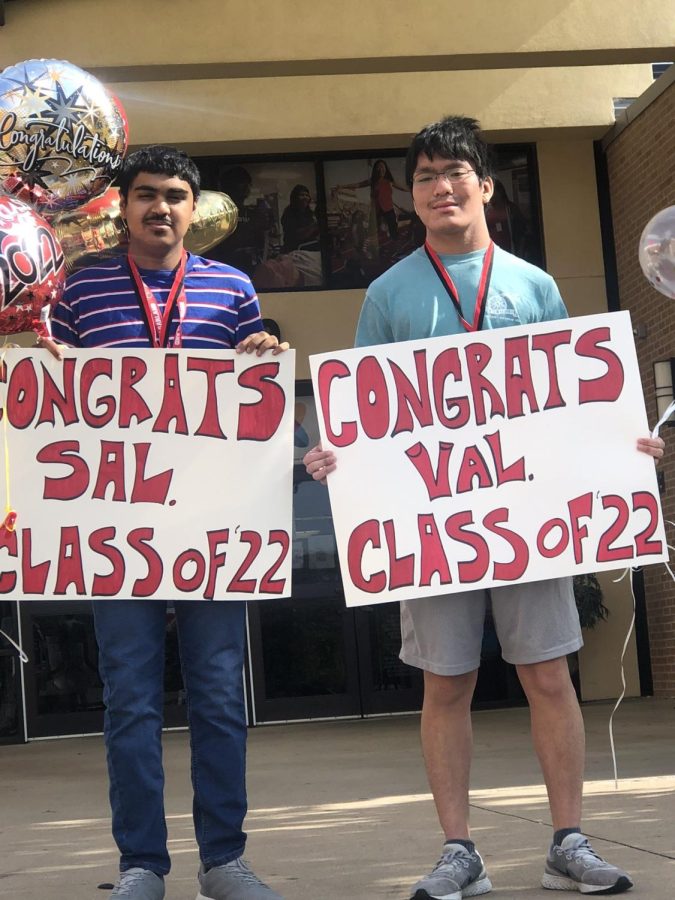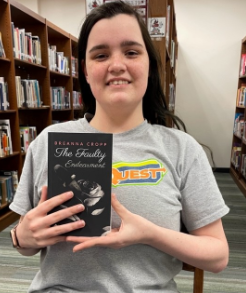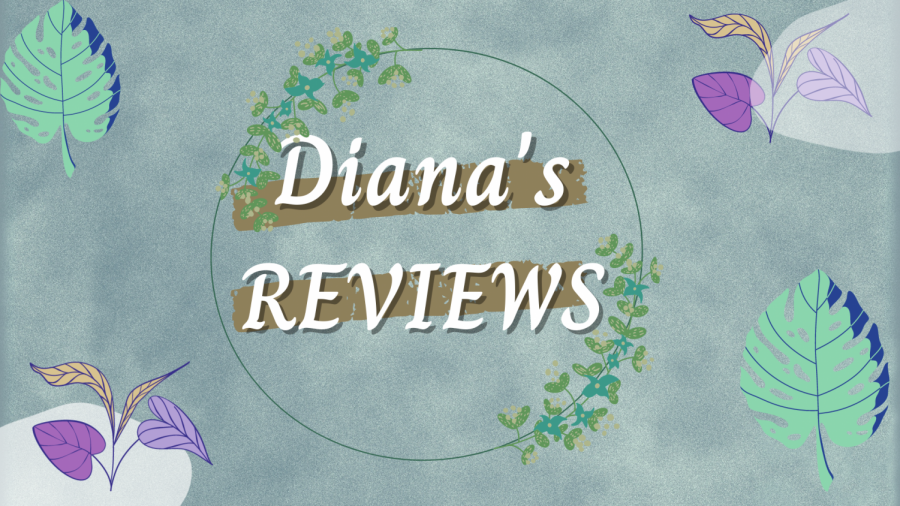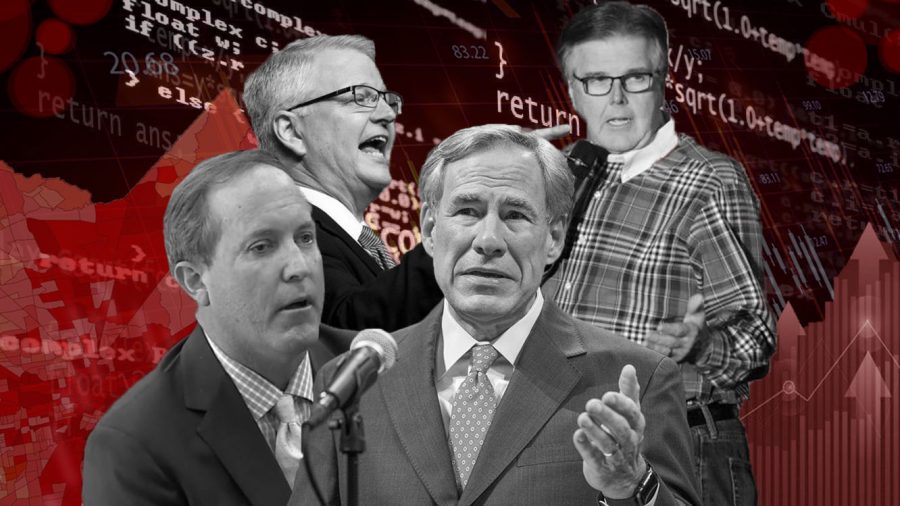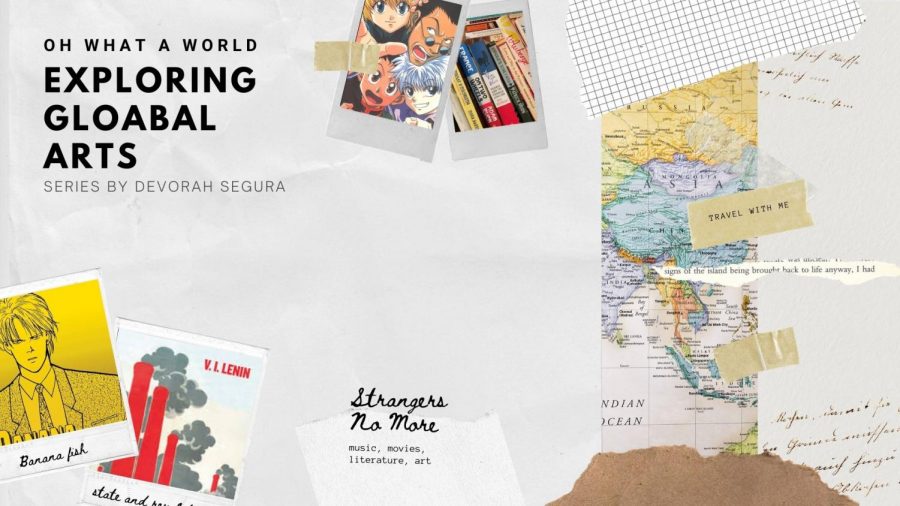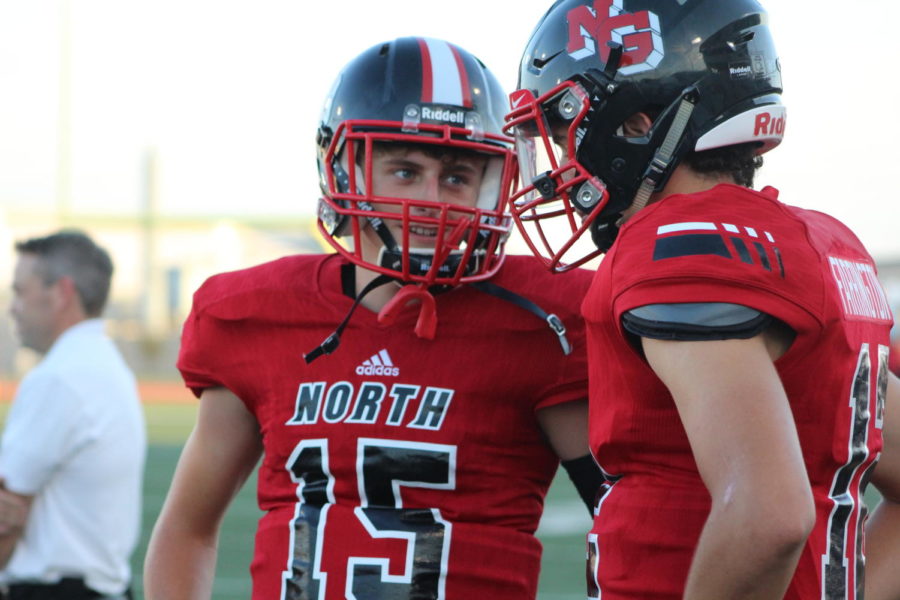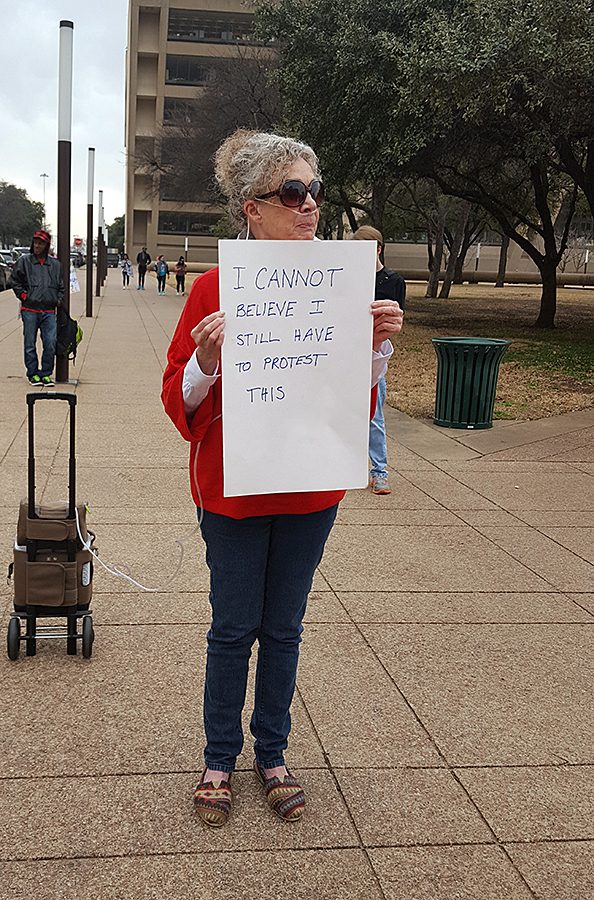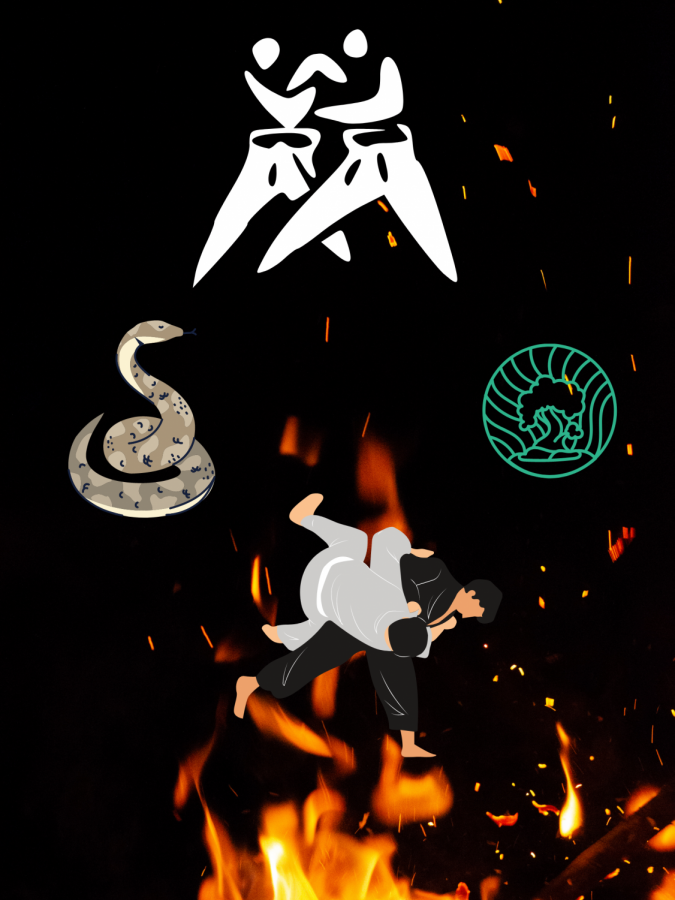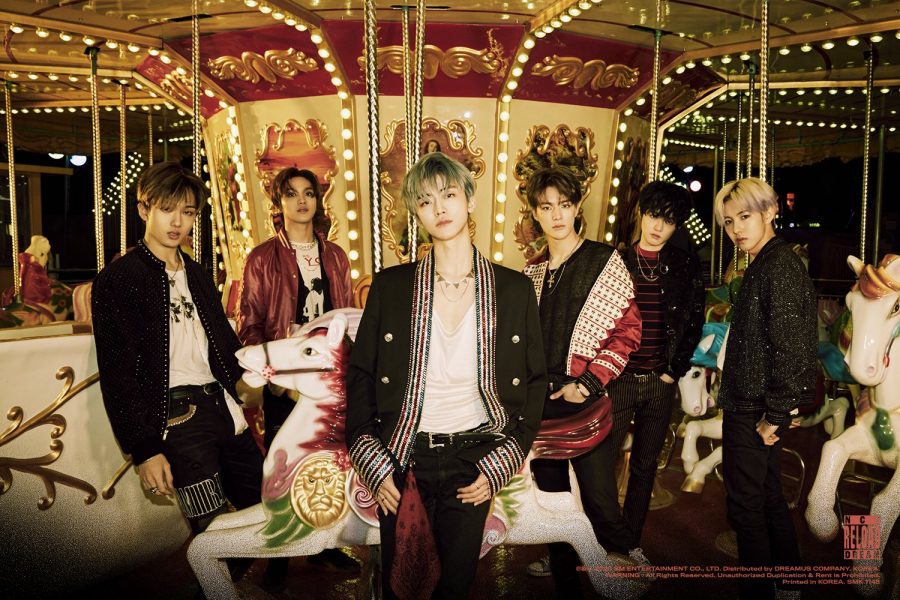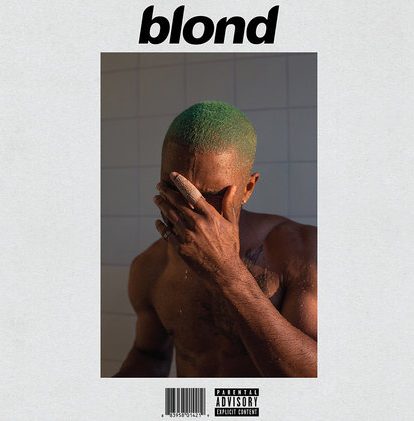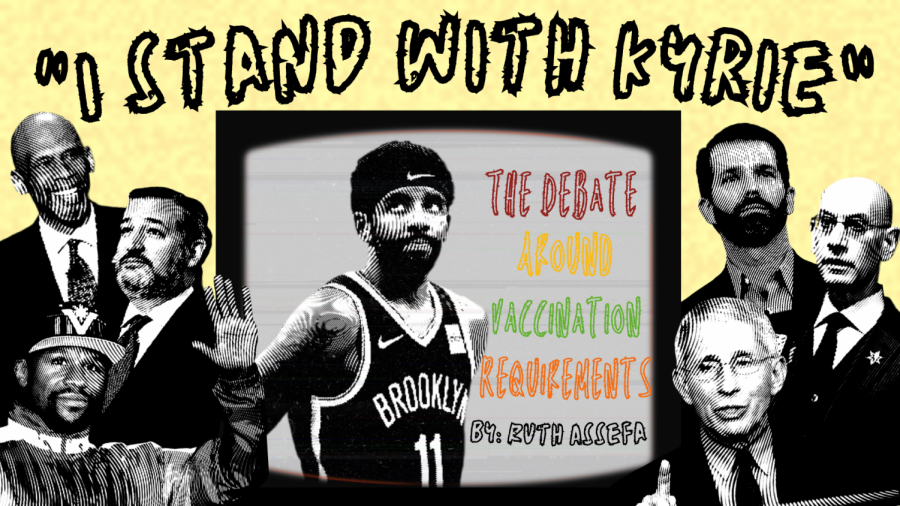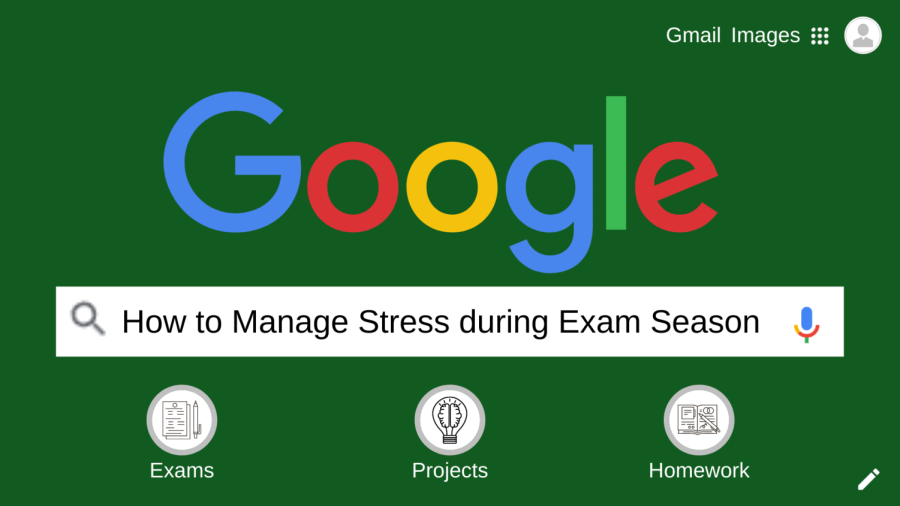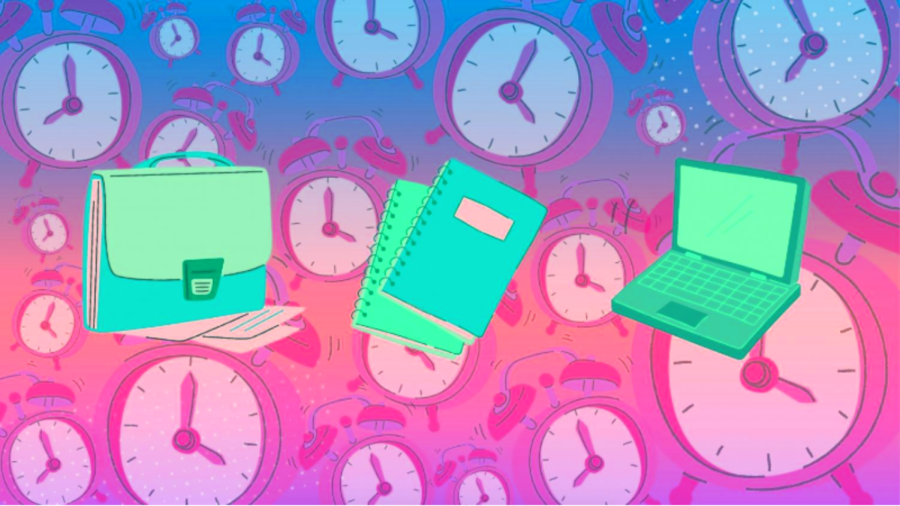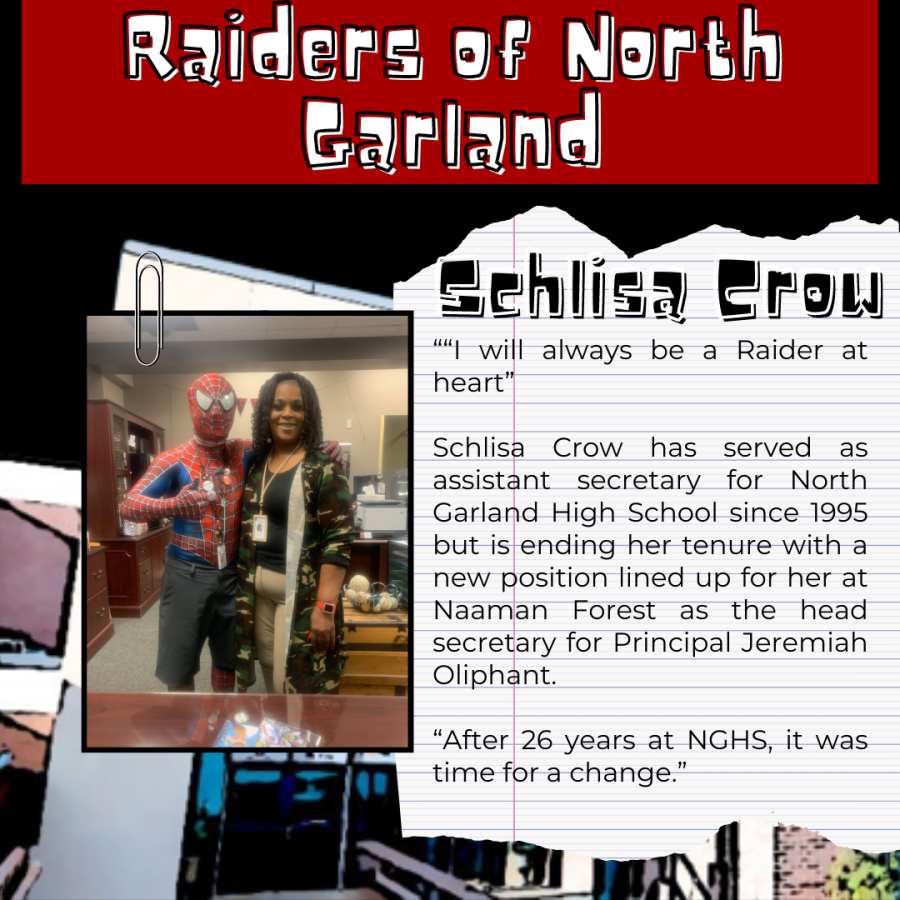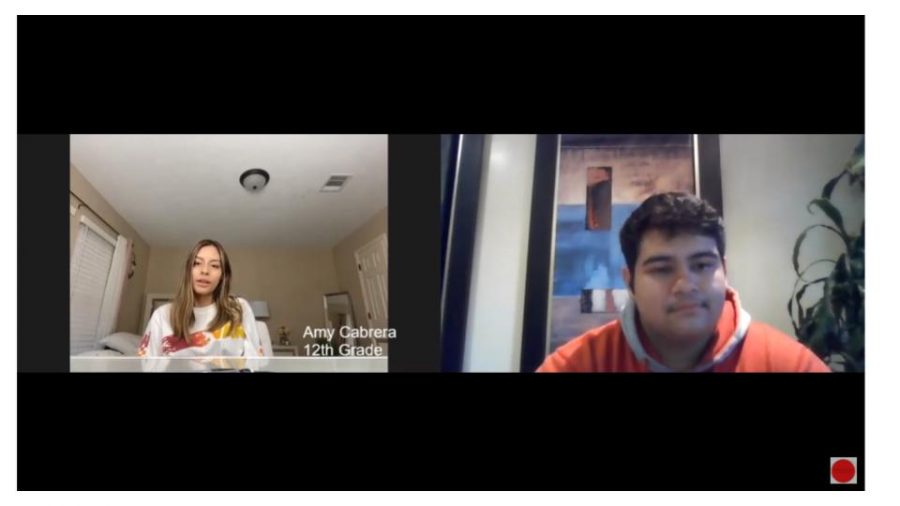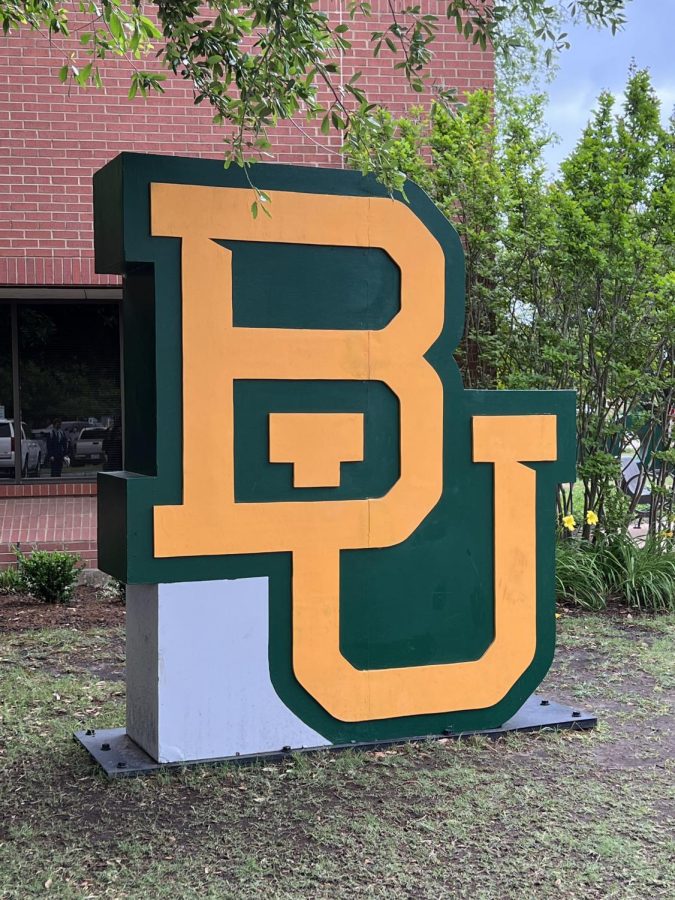The Perils of Racial Injustice: Students Share Experiences
In an era where minorities are wrongfully accused of crimes based on the color of their skin, younger generations are ready to see a change.
According to the Vanity Fair, the probability of being black, unarmed, and shot by police is more than three times as likely as being white, unarmed and shot by police. Someone is pulled over for something as small as speeding, but have to fear for their life because of their skin color, their lives might be in danger due to racial profiling.
Junior Harold Donnegan said that police have suspected him of committing a crime based strictly on his color.
“Sometimes, I’ve been stopped at the mall by police because they thought I was stealing something even though I did nothing wrong,” Donnegan said. “But based on my color they suspected that I was committing a crime.”
Donnegan said that police have been called to his house by neighbors who judge him based on his color.
“The police came to my house for a noise complaint made by my neighbors because the music in my room was too loud, which to me is really stupid, people are ignorant.” Donnegan said.
Sophomore Dami Olowashakin thinks social media causes major cause of tension and racial division.
“One of the main problems is social media, people’s opinion become biased and only share parts of certain stories, which then causes the spread of fake news and that only makes things worse,” Oluwashakin said.
Cyber racism is a type of racism that occurs online, mostly on social media, including blog posts, pictures, comments, and tweets. They can spread words and pictures that can hurt and offend many people.
Oluwashakin thinks racism is something that is taught to people at a young age.
“Racism is also spread through families. People will pass it down from generation to generation teaching their children that certain people don’t deserve the same things or aren’t equal to them just because they’re black,” Oluwashakin said. “Majorities need to be held to the same standards as everyone else. Acts of crime they commit shouldn’t be considered not as bad just because they’re white.”
On October 1, 2017 a Caucasian male opened fire from a Las Vegas hotel at a music festival, killing 58 people and leaving 851 injured, which led President Trump to receive a lot of backlash. He was criticized for his lack of reaction in the aftermath of a national tragedy for too long. Instead of referring to it as an act of terrorism, which is defined as the unlawful use of violence and intimidation, especially against civilians, he called it a tragedy. Critics argued that if the shooter had been a person of color his reaction would’ve been much different.
Senior Israel Loya is hispanic and thinks the issue of racial profiling goes for all races and not just African Americans.
“Racism is affecting all minorities. We still can’t go out and be looked at the same as others. We’re looked upon as inhumane,” Loya said. “Everytime I walk into somewhere like Walmart there are employees that watch and follow me because I’m hispanic, like they think I am going to steal or something.”
Loya believes that racial and social issues should be talked about at school in order to raise awareness.
“We should insert it into our education program. Kids need to grow up and realize that not all the same rights are given to everyone even though we are all human,” he said.
Sophomore Aaliyah Russell says language and stereotyping are some of the main issues with racism.
“The way people use language such as the N-word,” she said. “It causes so much just from one word. White people use that word to call us out of our name, like it’s a label for us and like we are just an object or something. When people are stereotyped, whether it’s a joke or not, it is still wrong. You make assumptions on someone just because of what culture they come from, and it divides us more and more.”
Russell also believes while there is no actual way to stop racism, there is still much more people can do to try and make racism less of an issue.
“We can only spread awareness on the main issues with it such as police brutality and try to show people what is right,” Russell said.
Sophomore Dakota Norris feels that both sides of the issue are at fault, and both sides can make changes to do better.
“The country is divided. We have white people that are racist and angry because of confederate flags and statues being taken down, and we have other races that still judge white people as a whole because of past and recent issues involving only certain people, even though they don’t represent white people as a whole,” Norris said. “Problems in the past such as slavery when used in an argument doesn’t help due to the fact that slavery was over 200 years ago and none of us were even alive then and people today still get hate for it.”
Norris thinks police should be held more responsible for their actions.
“Cops who commit hate crimes should be punished as bad as anyone else. They committed a very serious crime and are not above the law,” he said.
Senior Gabriella Walton feels like she isn’t fully accepted because she is mixed.
“Since I’m mixed people treat me as different, they act as if I don’t belong in the black community because I’m also white and vice versa,” Walton said. “People just can’t accept that not everyone can be the same as them.”
Tracey Jan of the Washington Post wrote about a study done at Yale University on the economic inequality between white and black Americans. According to the story, Black Americans are the only racial group still making less than they did in the year 2000. Jan also reported that for every $100 a white family has accumulated, a black family accumulates just over $5. Jan believes that race-based economic inequality has also set the standard for the racial economic principle of the country. White people’s economic wealth gives them a large advantage in society.
The Declaration of Independence states, “We hold these truths to be self-evident, that all men are created equal, that they are endowed by their Creator with certain unalienable Rights, that among these are Life, Liberty and the Pursuit of Happiness.” But, are we really equal?

Hey everyone, I'm Michael, a varsity football player and sports writer for North Garland's school newspaper, "Raider Echo." I am a die-hard Cowboys fan,...

